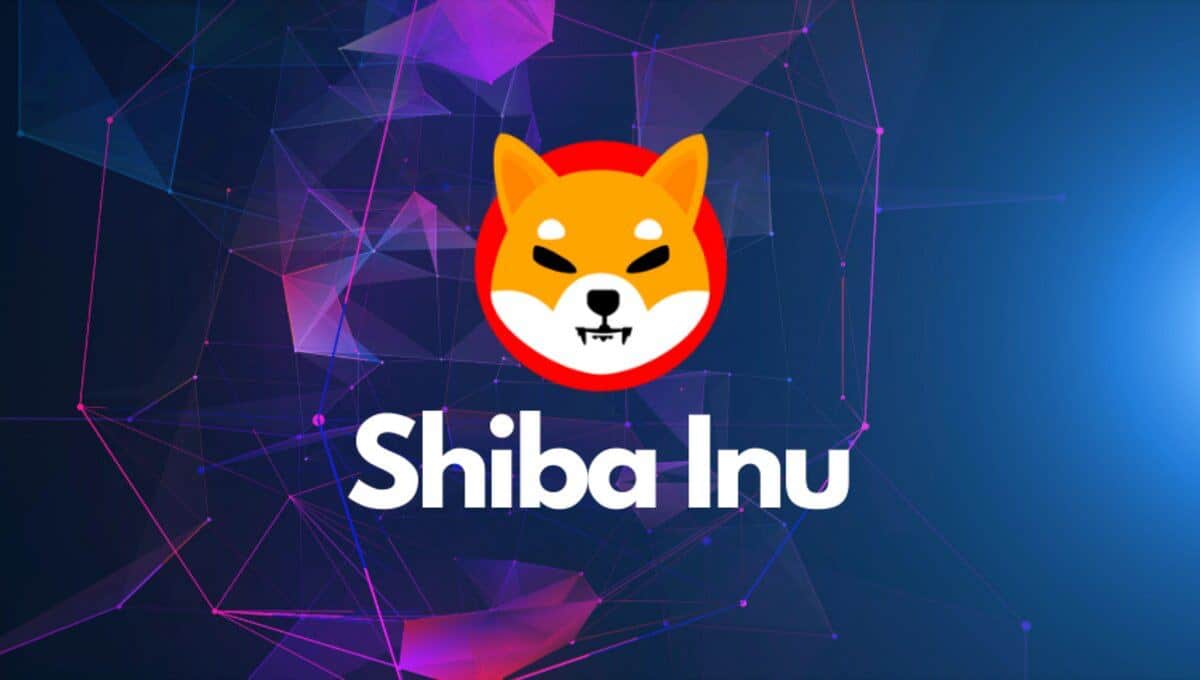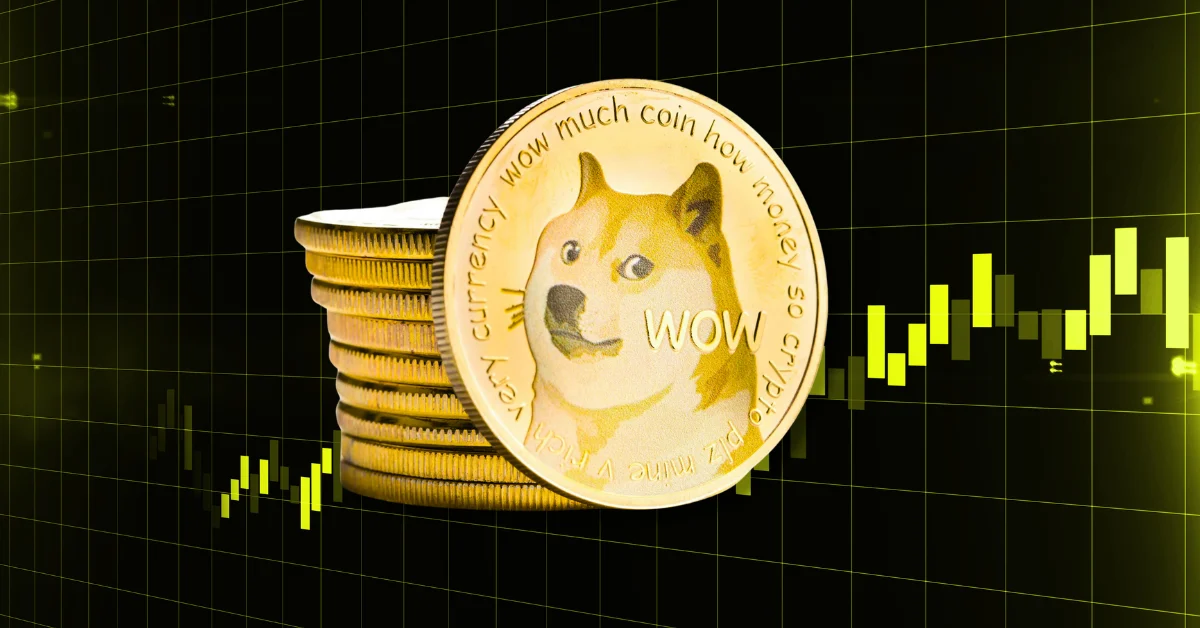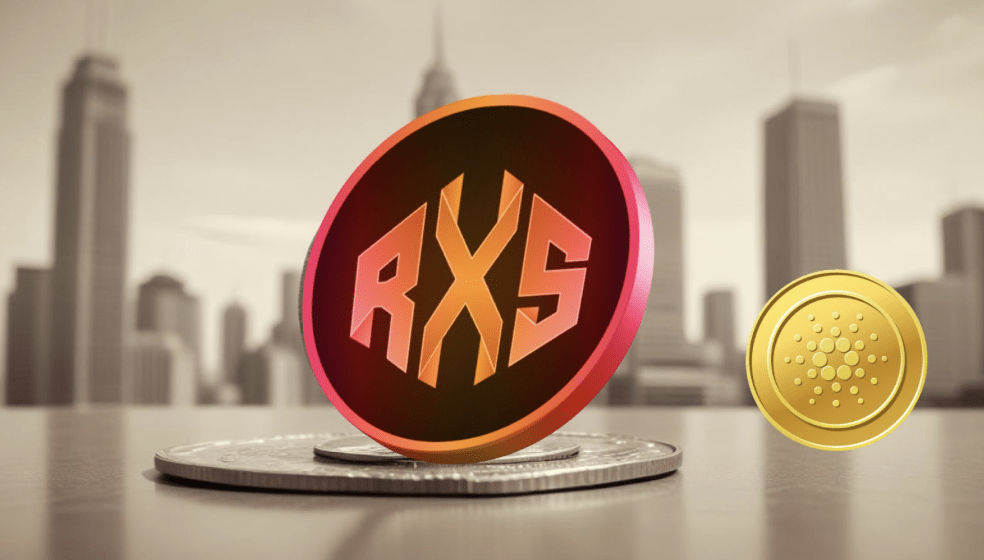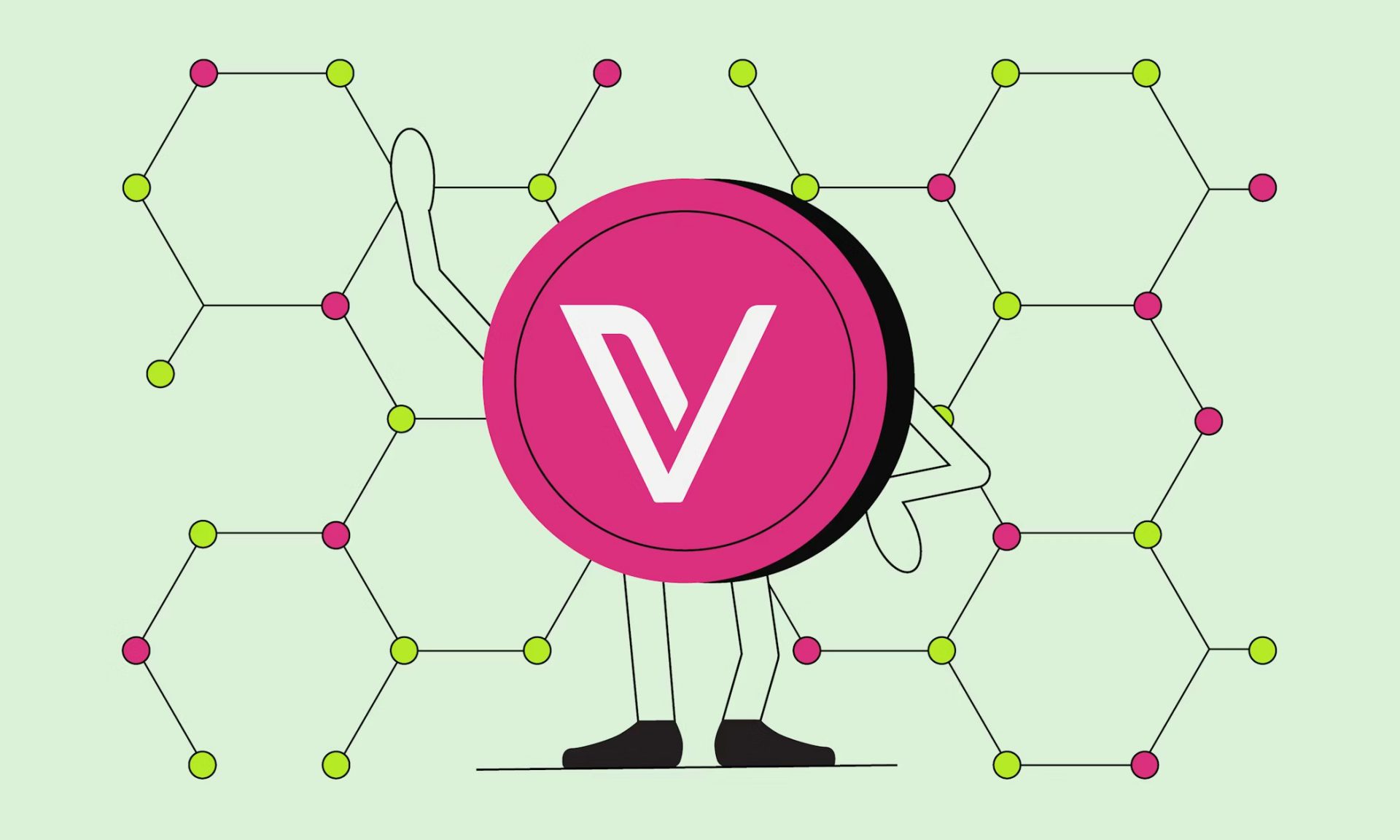Shiba Inu
- Shiba Inu witnesses a remarkable 7000% surge in its burn rate, resulting in a significant increase in market capitalization and price.
- Lead developer Shytoshi Kusama teases exciting future developments, including Shibarium and the anticipated “Worldpaper.”
Shiba Inu (SHIB), the meme-inspired cryptocurrency, has recently experienced an astonishing surge in its burn rate. With an unprecedented rise of 7000%, the burn rate signifies a rapid reduction in the token supply. Within 24 hours, an astounding 341,504,230 $SHIB tokens were burned, leading to a remarkable 10% increase in the cryptocurrency’s market capitalization. Currently, SHIB boasts a market capitalization of $4,811,489,983, reflecting its growing popularity among investors.
Accompanying the burn rate surge, Shytoshi Kusama, the lead developer of Shiba Inu, has teased exciting future developments for the cryptocurrency. In a recent blog post, Kusama unveiled Shibarium, an upcoming project that is currently in progress. Shibarium aims to introduce innovative features and enhance the functionality of the SHIB ecosystem.
Additionally, the blog post mentions the highly anticipated release of the “Worldpaper,” a comprehensive document that delves into various aspects of the Shib ecosystem. Unlike its predecessor, the Woofpaper, the Worldpaper focuses on the potential of decentralization to bring about significant change.
Voyager’s Token Transfers and SEC Lawsuit Impact
In recent hours, bankrupt crypto lender Voyager has made notable token transfers, involving trillions of Shiba Inu (SHIB) tokens. These transfers were observed by on-chain analytics firm Lookonchain, which shared a tweet highlighting the token transactions. The exact reason behind these transfers remains unknown; however, speculation suggests that they might be related to the reopening of withdrawals for customers. During a specific timeframe, creditors will have the opportunity to withdraw approximately 35% of their cryptocurrency holdings.
Voyager is transferring tokens out from the hot wallet.
Seems to be related to reopening withdrawals to customers.
Creditors can withdraw about 35% of their cryptocurrencies between June 20 and July 5.https://t.co/EVaoqkMpmRhttps://t.co/2d59UNR4G7 pic.twitter.com/o9fkZVSp8R
— Lookonchain (@lookonchain) June 20, 2023
Simultaneously, the altcoin market has been affected by the US Securities and Exchange Commission’s (SEC) lawsuit against Binance and its founder, Changpeng Zhao. The SEC has accused Binance and Zhao of securities fraud, inflating trading volume, and diverting customer funds, among other charges. As a result, there has been a sharp pullback in altcoins and meme coins, including Shiba Inu (SHIB). Despite its initial hype as the ‘Dogecoin Killer,’ SHIB has faced challenges and witnessed a significant decline in price and profitability.
No spam, no lies, only insights. You can unsubscribe at any time.
Amidst these developments, there is hope for a recovery in the meme coin industry. Caged Beasts (BEASTS), a new meme token in its presale phase, represents an opportunity to restore the dignity of meme coins. By implementing responsible tokenomics, promoting transparency, and showcasing real-world use cases, meme coins can regain trust, attract investors, and establish long-term viability within the evolving crypto industry.
In conclusion, the surge in Shiba Inu’s burn rate and the anticipation surrounding future developments highlight the cryptocurrency’s growing prominence. Moreover, the token transfers made by Voyager and the SEC’s lawsuit against Binance have had an impact on the broader altcoin market. As the industry continues to evolve, the resilience and recovery of meme coins, amidst regulatory challenges, are crucial factors to watch.
Crypto News Flash does not endorse and is not responsible for or liable for any content, accuracy, quality, advertising, products, or other materials on this page. Readers should do their own research before taking any actions related to cryptocurrencies. Crypto News Flash is not responsible, directly or indirectly, for any damage or loss caused or alleged to be caused by or in connection with the use of or reliance on any content, goods, or services mentioned.
Credit: Source link
















































